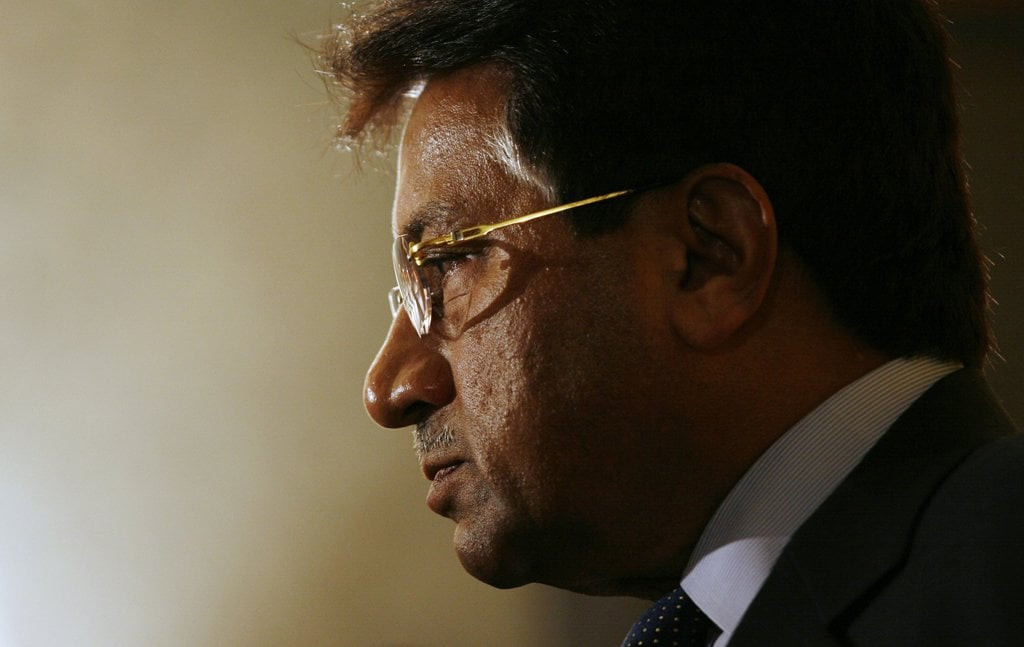
The Supreme Court has set the date for hearing the appeals against the decision to dissolve the special court established against the late former military ruler, Gen (retd) Pervez Musharraf.
A four-judge larger bench, headed by Chief Justice of Pakistan Qazi Faez Isa, will hear the case on Nov 10 (Friday).
Apart from the CJP, the bench also includes Justice Mansoor Ali Shah, Justice Aminuddin Khan, and Justice Athar Minallah.
The appeals were filed against the decision of the Lahore High Court, which declared the special court that sentenced Musharraf to death as unconstitutional.
Musharraf was sentenced to death on Dec 17, 2019 by the special court in a high treason case filed in 2013 – after a span of six years.
However, in January 2020, a three-member bench of the LHC, headed by now SC’s Justice Sayyed Mazahar Ali Akbar Naqvi, quashed the special court’s verdict.
The Pakistan Bar Council (PBC), Sindh High Court Bar Association (SHCBA), as well as senior lawyers Hafiz Abdul Rehman Ansari and Taufiq Asif approached the apex court against the LHC’s decision.
Setting aside Section 9 of the Criminal Law Amendment (Special Court) Act, 1976 for being violative to fundamental rights, the LHC bench, which also included Justice Mohammad Ameer Bhatti and Justice Mohammad Masood Jahangir, ruled against the retrospective effect given to an amendment in Article 6 of the Constitution, which dealt with high treason, to try Musharraf for an offence that was not a crime on the date it had occurred.
Section 9 of the Criminal Law Amendment (Special Court) Act, 1976 placed restriction on adjournments and allowed the special court to proceed with the trial even in the absence of any accused after taking necessary steps to appoint an advocate to defend them.
Additional Attorney General Ishtiaq A Khan appeared on behalf of the PTI government and presented a summary and record of the special court's formation.
"The complaint was not filed according to law. The special court which convicted Musharraf was formed without the approval of the cabinet,” the additional attorney general said, as the court resumed hearing of Musharraf’s writ petition.
He also apprised the court that the previous PML-N led federal government had directed the interior secretary to register a complaint against the former military ruler.
Read More: TIMELINE: Rise and fall of former military ruler Pervez Musharraf
Musharraf’s lawyer, Azhar Siddique, pointed out that "not only was the complaint illegal, the formation of the special court and the subsequent verdict were also not in accordance to law".
Justice Naqvi remarked: "What is a Constitution? A 12-page book. But a Constitution is your law and such a situation comes under emergency.”
He added that an emergency was part of the Constitution. “If a situation emerges, and the government imposes emergency, so would the government be also tried under a treason case? An emergency, if imposed, would be reviewed if it was in line with the Constitution or not. A precedent was set, so anyone who would find it suitable would do it," he continued.
The LHC reserved the judgment on Musharraf’s appeal after completion of the arguments and later announced it.
Read More: Musharraf’s legacy
Justice Mohammad Ameer Bhatti is now serving as the LHC CJ and Justice Naqvi has been issued a show-cause notice by the Supreme Judicial Council over complaints of alleged misconduct and purportedly amassing assets beyond means.
The charges against Musharraf – who was sentenced in absentia by the special court – stemmed from his imposition of a state of emergency in 2007, after which dozens of judges were placed under house arrest or sacked, sparking widespread street protests by lawyers.





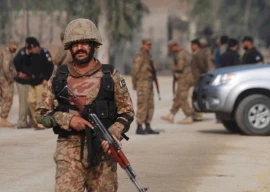

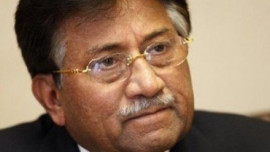
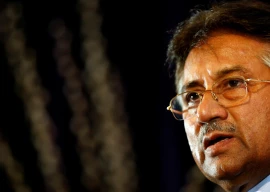

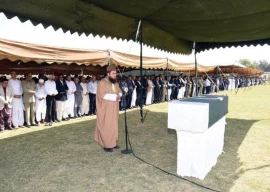
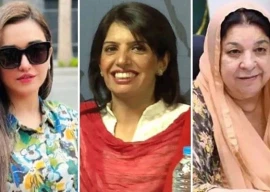




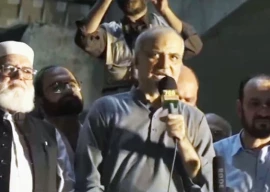






COMMENTS
Comments are moderated and generally will be posted if they are on-topic and not abusive.
For more information, please see our Comments FAQ